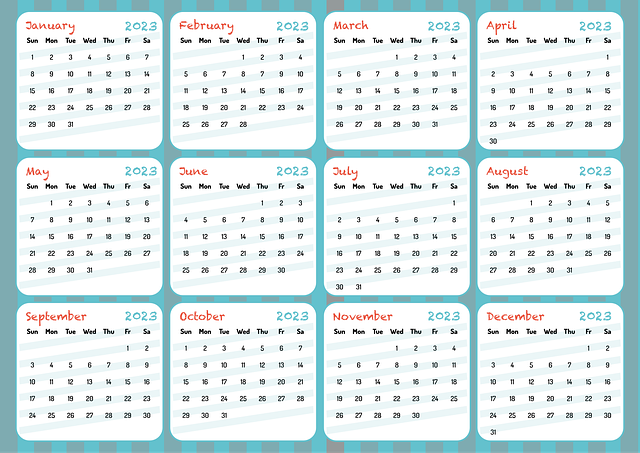Comprehensive market research is essential for successful Event Planning for Local Businesses. By analyzing demographics, preferences, and behaviors, organizers create relevant, engaging events that foster community. Techniques include surveys, focus groups, social media analysis, and competitor research. The goal is to enhance brand visibility, boost attendance, and contribute to the neighborhood's vibrancy, leaving a lasting positive impact. Before planning, conduct competitive analysis to identify market gaps and tailor events to meet local needs.
“Unleash the power of local events to drive business growth and community engagement! This comprehensive guide, tailored for local businesses, explores the art of event planning with a focus on success. From unearthing your target audience’s preferences through market research to crafting unforgettable experiences that blend local culture and unique themes, we demystify effective strategies.
We delve into seamless execution, ensuring stress-free coordination by selecting ideal venues, vendors, and staff, while promoting the event effectively. Discover how data analysis and participant feedback loop close the cycle of success for continued improvement.”
- Understanding Your Local Community: Market Research for Event Planning
- – Identifying target audience and their preferences
- – Analyzing local competition and successful event models
Understanding Your Local Community: Market Research for Event Planning

Understanding your local community is a crucial step in event planning, especially for businesses looking to connect with their target audience. Market research provides valuable insights into the demographics, preferences, and behaviors of residents, enabling event organizers to create relevant and engaging experiences. By analyzing local trends, identifying key influencers, and studying past events, planners can anticipate needs and tailor activities that resonate with the community.
This process involves various techniques, from surveys and focus groups to social media analysis and competitor research. Local businesses can leverage these insights to design events that not only attract attendees but also foster a sense of belonging and support within the community. Event planning for local businesses is not just about organizing gatherings; it’s about building relationships, enhancing brand visibility, and contributing to the overall vibrancy of the neighborhood.
– Identifying target audience and their preferences

When planning local events for businesses, understanding the target audience is paramount. Event planners must delve into the demographics and preferences of those most likely to attend, ensuring an engaging experience that resonates with their interests. By identifying key attributes like age groups, hobbies, cultural backgrounds, and past event participation, organizers can tailor activities, themes, and marketing strategies accordingly. This personalized approach significantly boosts attendance and overall satisfaction.
For instance, a local business organizing a community festival should consider if their target audience leans towards families with young children or young adults looking for an evening out. Incorporating suitable entertainment options, food choices, and promotional activities that cater to these preferences will create a more successful event. Event Planning for Local Businesses thrives on these insights, enabling organizers to create memorable experiences that foster community engagement and leave a lasting impression.
– Analyzing local competition and successful event models

Before planning any local events, a thorough analysis of the competitive landscape is essential for event planning for local businesses. Understanding what other businesses in your area are doing—whether it’s a festival, workshop, or community gathering—is crucial for differentiation and identifying gaps in the market. By studying successful event models, you can learn valuable insights into what resonates with the local audience and adapt those strategies to suit your own offerings. This involves researching the types of events that have drawn large crowds, the marketing channels used to promote them, and the overall experience they provided.
This competitive analysis should also consider the unique needs and preferences of your target audience. What kinds of events do they tend to attend? What themes or activities are popular? Incorporating these insights into your planning will ensure that your local events not only meet but exceed expectations, fostering a positive reputation for your business among the community.
Successful event planning for local businesses starts with a deep understanding of your community. By conducting thorough market research, including identifying target audiences and analyzing local competition, you can create events that resonate with attendees and drive business growth. Integrating these strategies into your event planning ensures not just success, but also fosters a vibrant local scene that benefits everyone involved.
